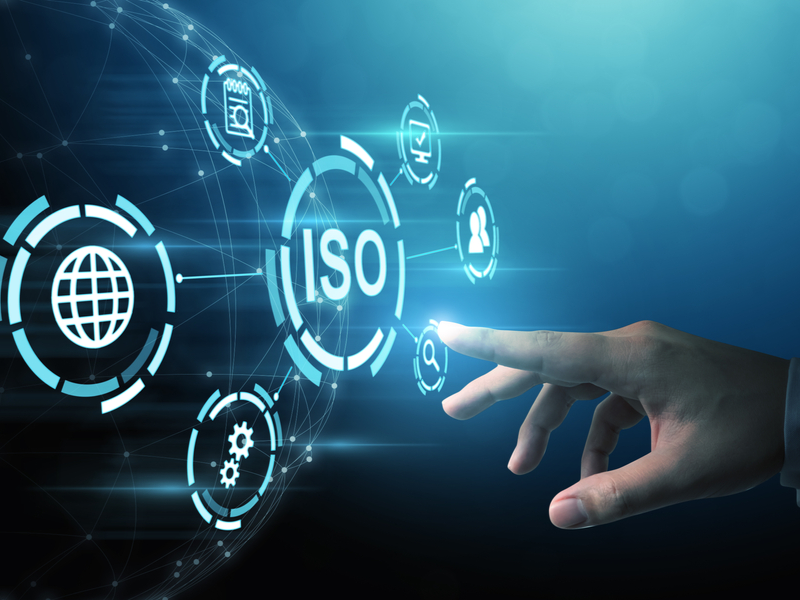- An integrated management system (IMS) helps an organisation work better by coordinating its parts, making operations smoother.
- Through a combination of internal and external management practices, IMS can stimulate new ideas and innovations that can enhance an organisation’s competitiveness.
In the rapidly evolving landscape of the technology sector, businesses are continually seeking ways to streamline operations, enhance productivity, and ensure compliance with industry standards. An integrated management system (IMS) serves as a vital tool in achieving these goals.
Understanding integrated management system
An integrated management system (IMS) is a system that integrates multiple management systems and processes of an organisation into a unified management framework. Its main purpose is to improve efficiency, reduce costs and promote collaboration.
Specifically, an IMS can include a quality management system (QMS), an environmental management system (EMS), an occupational health and safety management system (OHSMS), an information security management system (ISMS), and so on.
Through this integration, organisations are able to manage multiple aspects, such as safety, health, environment and quality, in a single system, thereby achieving effective control over these aspects.
The implementation of an IMS helps organisations to manage their operations more efficiently and ensure compliance with multiple management standards.
For example, many Polish organisations introduced IMS in the 1990s in order to comply with ISO 9000 standards and thus better co-ordinate various programmes and activities.
In addition, IMS provides a comprehensive view of key business processes, enabling organisations to better manage and track objectives, challenges, risks and pending actions.
Also read: Understanding Integrated Eligibility systems: Benefits and functions
Purpose of integrated management system
Specifically, the main purposes of IMS include the following:
- Improve management efficiency: By integrating multiple management systems, such as quality, environment, occupational health and safety, and information security, into a single unified system, duplication of work can be reduced, waste of resources can be avoided, and overall management efficiency can be improved.
- Enhance strategy execution and organisational performance: IMS helps to effectively execute the organisation’s strategic plan and enhance the organisation’s KPIs by supporting and complementing individual management practices.
- Facilitates communication and collaboration: IMS helps to enhance internal communication and teamwork through unified language and goals, thus ensuring that all departments work towards a common goal.
- Optimise resource allocation: IMS helps organisations to better allocate and utilise resources, reduce waste and share resources across projects or business areas.
- Enhance problem solving capabilities: Since all relevant information and data are centralised in one system, it is easier to identify and solve problems, thus improving the quality and speed of decision-making.
- Enhanced compliance and risk management: IMS provides a holistic view, enabling organisations to comply more effectively with various regulatory requirements and reduce risks through regular audits and continuous improvement.
- Promote innovation: Through a combination of internal and external management practices, IMS can stimulate new ideas and innovations that can enhance an organisation’s competitiveness.
Also read: Integration testing vs system testing: What’s the difference?
An integrated management system (IMS) aims to achieve efficient synergy and optimisation of all aspects within an organisation through a systematic management approach, with the aim of improving overall operational efficiency, enhancing competitiveness and achieving sustainable development.

